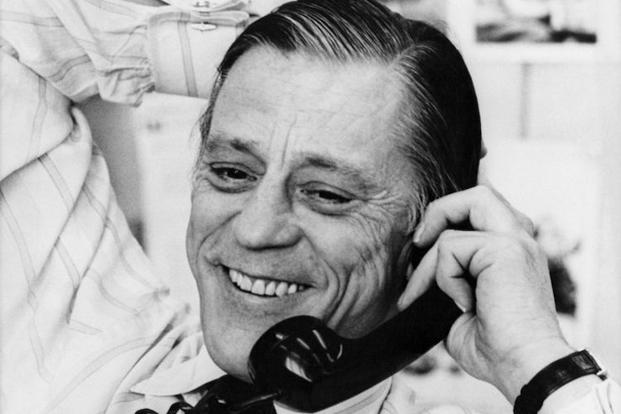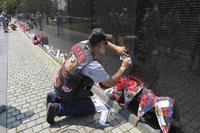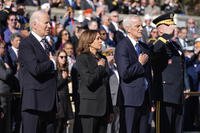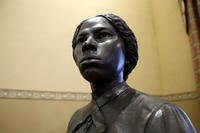As executive editor of "The Washington Post" from 1965 to 1991, Ben Bradlee turned an undistinguished daily paper into one of the world's great news organizations.
His many achievements include guiding the epic Woodward and Bernstein reporting effort that exposed the questionable political activities that became known as the Watergate scandal. Bradlee died in 2014.
More than 60 years after the fact, it's hard to come to grips with how young we all were as we signed up to help make the world safe for democracy. At the ripe old age of 21, I graduated from Harvard, was commissioned an ensign in the United States Navy, and got married -- all on the same day in August 1942.
A few weeks later, after honeymooning in Canada, I reported to my brand new Fletcher-class, 2,100-ton destroyer, the USS Philip (DD-498), in Kearny, New Jersey. Soon we were off to the Pacific war, escorting the battleship Massachusetts (BB-59) to New Caledonia.
In the Pacific, we were part of the destroyer screen for the carrier Enterprise (CV-6), trying to fool the Japanese into thinking we had more than one carrier. We would recover planes late in the afternoon, steam in the opposite direction all night and launch planes early the next morning, 200 miles away.
Hardly dangerous. But exciting as hell. The task force of which the Philip was a part was led by two of the great admirals of World War II -- Raymond A. Spruance and William F. Halsey Jr. -- who took turns serving as its commander. Some of us, me included, thought Spruance was the more important figure -- less sexy and publicity oriented than Halsey.
Two smaller American units, each composed of three or four cruisers with a screen of four or five destroyers, would leave Tulagi, an island in the Solomons north of Guadalcanal, in the late afternoon and head up The Slot, looking for trouble. Everyone was at General Quarters, of course.
It seems strange to me today how little time most of us spend reflecting on our war experiences, at least in the Navy. Perhaps, I've concluded, it's because we so rarely actually saw the enemy -- at least, up close and personal, if you will. My Pacific Theater ribbon has ten battle stars on it, but I can remember only twice actually seeing a Japanese fighter.
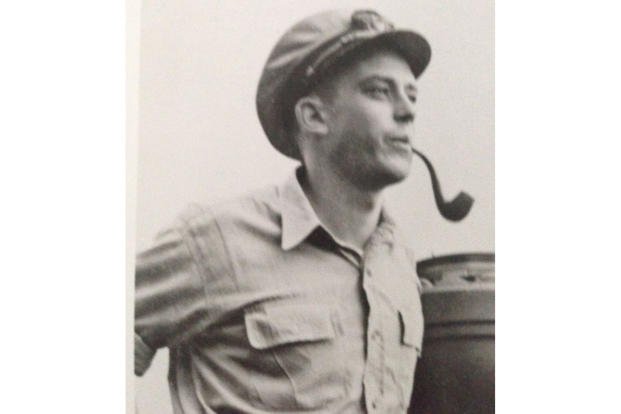
Once during a landing on one of the Solomon Islands, we were jumped by a squadron of Japanese fighter-bombers. We were practically dead in the water, protecting the slow-as-molasses LSTs as they unloaded tanks, artillery, and soldiers. These were pre-Kamikaze days, but suddenly I found myself at a lookout station on the bridge, staring at a Japanese plane in a steep dive headed directly for my destroyer. He crashed in the water less than 50 feet from us. I can still conjure up his face.
Another time, my destroyer was lobbing shells at enemy pockets on Corregidor when we spotted someone swimming toward us 500 yards offshore. We got close enough to identify him as Japanese when the captain ordered me down to the ship's stern to take him prisoner. It was something they hadn't taught us in NROTC.
Even so, my combat experiences have shaped the rest of my life. You grow up quickly when you're at war. You mature rapidly -- not just emotionally, but in a whole range of ways. You learn how to put things into perspective. Serving in the Navy was my first brush with public service; it was something I would continue -- in journalism -- long after I put away my blues. It strengthened my sense of decency and honesty. And it taught me something about leadership, and about being part of a team. Whatever job you held in the Navy, you were the one responsible for getting it done. I remembered that later on.
A lot has happened since those days. The Philip isn't here anymore. She was decommissioned in 1968 after having gained fame in a cameo appearance in Otto Preminger's 1965 movie, In Harm's Way, starring John Wayne. She sank in a storm in 1972. I went on to a career in journalism, and, at 86, I'm still going strong.
But I've frequently reflected on my naval service -- not just to tell war stories, but to recall the values and the sense of perspective that it instilled in me. With the war ending when it did, I never did make lieutenant commander. But I still have a huge amount of pride in having served. It was a fabulously important time for me, and I liked doing it.
You can't beat that.
Want to Know More About the Military?
Be sure to get the latest news about the U.S. military, as well as critical info about how to join and all the benefits of service. Subscribe to Military.com and receive customized updates delivered straight to your inbox.
